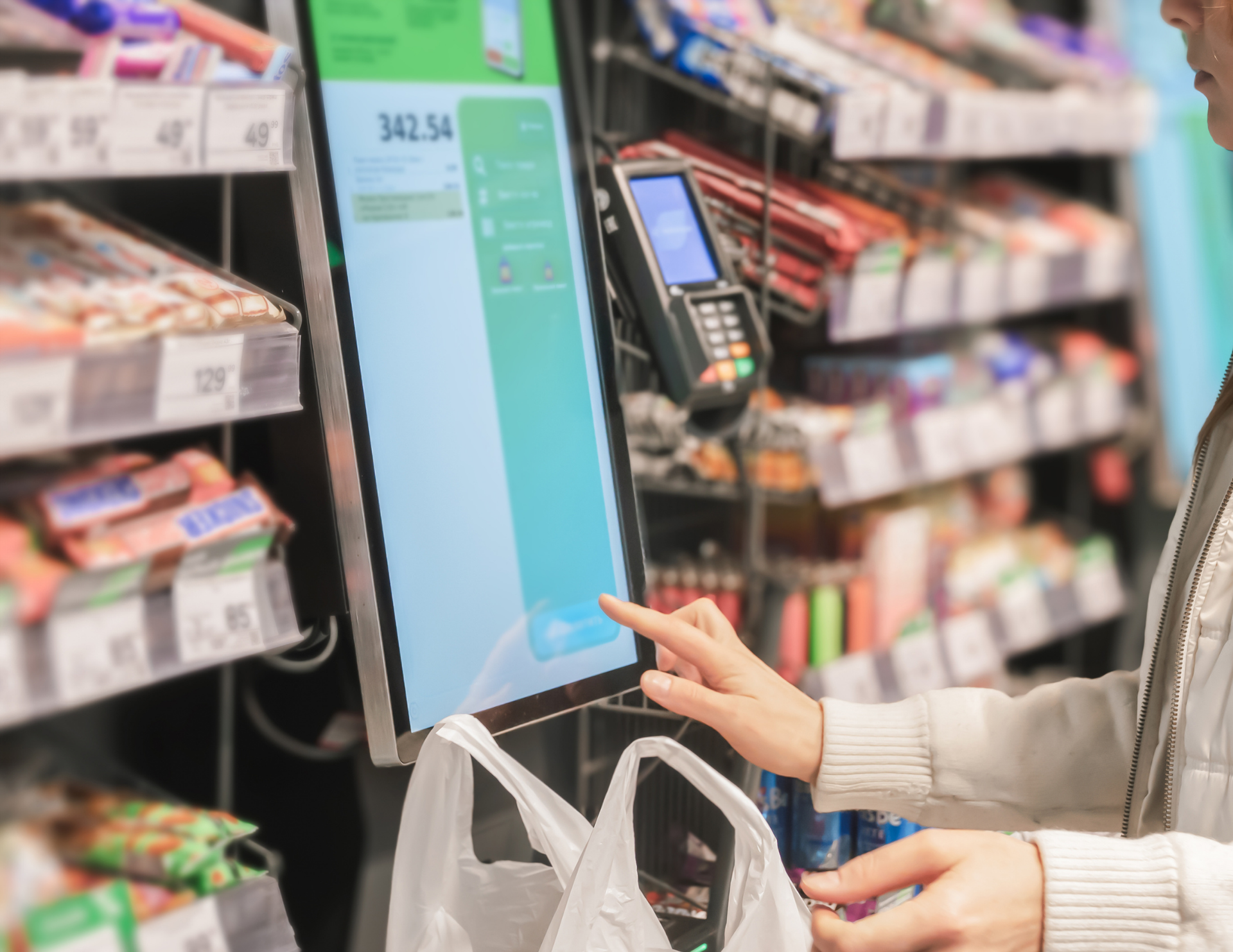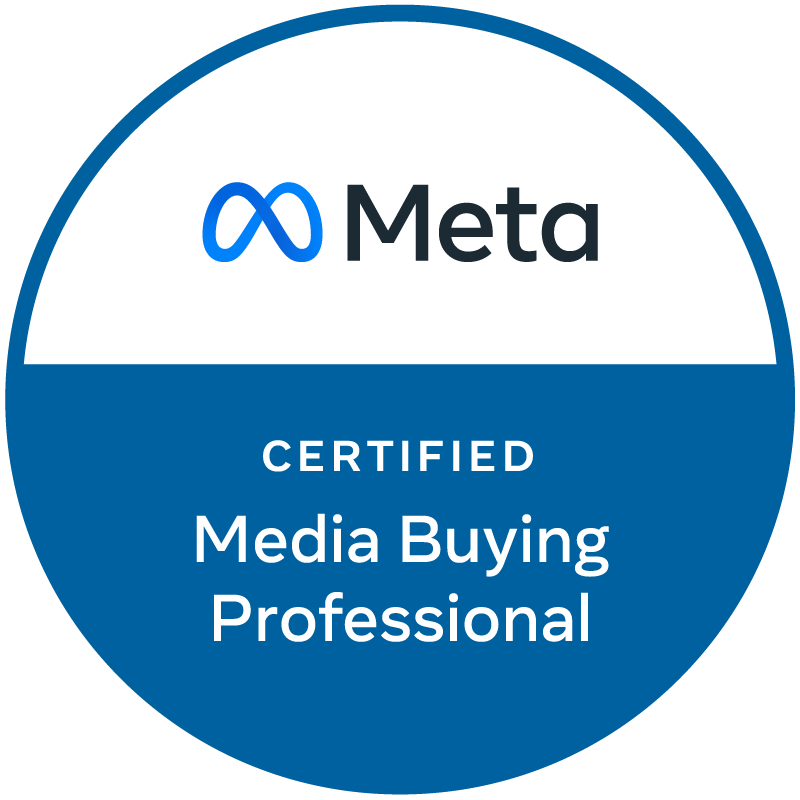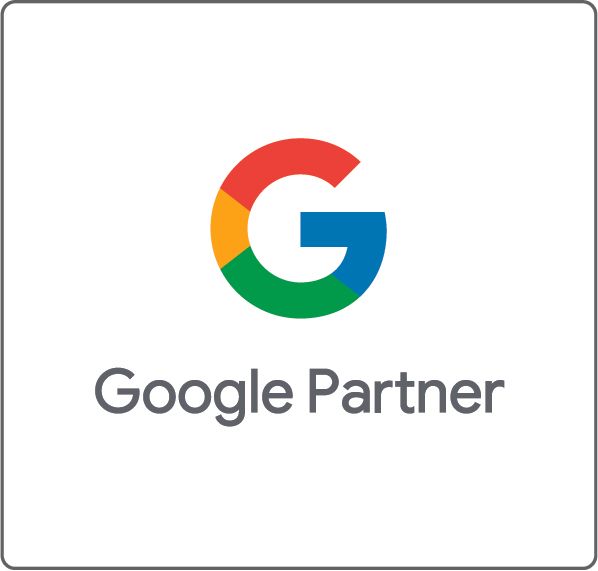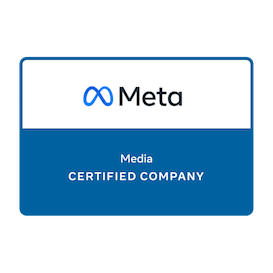The End of Shopping Fatigue: How AI Browsers and Autonomous Agents Are Rewriting the Grocery Game
The entire digital marketing playbook is being tossed by a new, more powerful player: the autonomous AI agent.
This isn't just a faster search engine; it's the latest, most powerful catalyst for the "browser boom," driven by heavy hitters like OpenAI's ChatGPT Atlas. While other browsers have added AI features, OpenAI's new product marks a fundamental shift, moving the internet from a place where consumers laboriously search and wander through both physical and digital categories, to a place where AI performs complex tasks on their behalf.
The Great Browser Wars: Incumbents vs. Agents
The "browser boom" is not a single product launch; it's a competitive response to the realization that the old, static browser is obsolete.
The Incumbents: Chrome and the Gemini Evolution
Google, recognizing that its decades-long dominance of search and the web funnel is at risk, has aggressively integrated Gemini directly into Chrome.
- Google's Strategy: Instead of building a new browser, Google is adding AI to its existing base of billions of users. Gemini in Chrome can answer questions, synthesize information across multiple open tabs, and even integrate with Google Docs and Calendar.
- The Agentic Edge:
Google has introduced powerful "agentic" capabilities via the Gemini Computer Use model, which is the foundational technology that allows the AI to perceive and interact with a web page (clicking, typing, scrolling).
The ultimate goal is to turn the platform into a universal assistant that can take action on your behalf.

The Disruptors: OpenAI, Perplexity, and Others
The disruptors are building AI-first browsers where the agent is the primary interface, not an add-on.
- OpenAI's Atlas: The browser is designed with "memory" and "agent mode" at its core, enabling it to remember user preferences across sessions and giving the AI the ability to take control of a tab to execute tasks.
- Microsoft Edge's Copilot Mode: Not to be outdone, Microsoft's Edge has evolved into an AI browser companion with Copilot Mode. With user permission, Copilot can see and reason over open tabs, summarize and compare information, and even take actions like booking a hotel or filling out forms. New features include Copilot Actions in Edge to handle multi-step actions and Journeys, which automatically groups past browsing projects into helpful topics.
- Other Players: Smaller, innovative companies like Perplexity (with its Comet browser) are also fully embracing the agentic model, often targeting power users and researchers by prioritizing deep conversational search and contextual awareness across tabs.
This competitive frenzy is forcing all brands to adapt to a world where the AI is the decision-maker.
Zero-Click Commerce: The New Path from Inquiry to Checkout
For years, the shopping journey began with a trip to the store, a traditional Google search, or a direct visit to a retailer's site. That process is quickly becoming antiquated.
OpenAI’s ChatGPT Atlas, which is built with ChatGPT at its core, includes a feature called "agent mode." This agent mode can automate complex tasks, such as finding a recipe, gathering the ingredients, and ordering them to your house.
This marks a significant change for digital marketers:
- Less Discovery: When a consumer delegates the shopping task to an agent, they spend less time browsing the retailer's site.
- Lost Impulse Buys: Analysts warn that if an AI agent handles the entire transaction, it may negatively impact opportunities for new product discovery and cross-selling that happen on a traditional e-commerce page.
- Agentic Optimization: Brands must now optimize their content not just for search engine results pages (SERPs), but for intelligent browsers that summarize and filter content to feed directly into an AI agent.
Instacart’s Operator: The Crucial Link in the AI Cart
Instacart is not just leaning into this automated future—they are actively building the bridge. Instacart has been working closely with OpenAI to integrate their services directly into an AI agent called Operator, which is designed to streamline the entire grocery ordering process.
This is arguably one of the most significant immediate applications of AI agents in e-commerce. Instacart’s vision is to enable users to go from a casual, conversational prompt to a completed transaction with virtually no friction.

The Instacart Advantage:
- Seamless Hand-off: Instacart’s platform allows an AI agent like Operator to receive a shopping list (e.g., "I need the ingredients for a lasagna") and translate that directly into an Instacart order, complete with product selection, substitutions, and checkout.
- Leveraging Data: The Instacart platform provides the intelligence needed to guide the AI agent. This means the agent can select items that meet dietary preferences, choose preferred brands, and even consider delivery windows based on a customer’s previous behavior and real-time store availability—all within the AI chat interface.
- A "Powered By" Future: This deep integration positions Instacart as a crucial "fulfillment layer" for the entire wave of new AI browsers and web agents. It makes gig-economy platforms some of the biggest beneficiaries of the AI agent boom, as they are the ones handling the complex logistics behind the agent's simple command.
Walmart’s AI-First Checkout: The Retail Gauntlet
In a monumental move,
Walmart has accelerated its AI transformation by forming a partnership with OpenAI. This partnership is a direct challenge to the traditional retail
search ecosystem, allowing shoppers to purchase products directly within ChatGPT. Walmart is embracing what they call an "AI-first shopping" model, where the purchase can be completed with Instant Checkout all without leaving the chat interface. By blending its vast physical and digital infrastructure with conversational AI, Walmart is positioning itself as a leader in "agentic commerce."
The Death of the Click and the Rise of "GEO"
The most profound impact of AI browsers is on Search Engine Optimization (SEO). When AI Overviews and in-browser summaries provide the answer directly, users skip the link. This shift is expected to impact up to $750 billion in consumer spend by 2028, and it has given way to a new discipline: Generative Engine Optimization (GEO).
For brands, this means visibility depends on being cited and selected by the AI's summary, not just ranking in the top 10 results. The focus shifts from traditional SEO's goal of generating clicks to GEO's goal of winning the answer.
The GEO Checklist:
- Incorporate Loyalty and Value Signals: AI agents heavily weigh loyalty perks, cash back, and reliability ratings, meaning the best deal isn't always the lowest price. Brands must ensure their loyalty benefits (like points or free shipping) are visible and integrated into retailer APIs so the agent can factor them into the final decision.
- Use Metadata Marketing: Agents are favoring structured data over banners and “hero images”. Brands must build a "metadata marketing" system, tagging every product with deep attributes—price, ingredients, and loyalty perks—to ensure the AI agent can parse and choose the product.
- Optimize for Delegation, Not Discovery: Since the agent is doing the work, content must be tailored to be easily consumable by an algorithm. This includes providing promotional APIs that allow your brand to deliver real-time offers directly to the shopping agent at checkout to win the deal.
The Elephant in the Room: Privacy and the AI Memory Bank
The convenience of an AI agent that knows what you need before you do comes with a significant privacy cost. AI browsers are a double-edged sword: they promise efficiency, but they do it by gathering an unprecedented amount of data.
OpenAI’s ChatGPT Atlas, for instance, promises to store "memories" of what you do on sites to personalize results, going far beyond typical browser history. Experts warn that integrating AI at this level gives the service full visibility into every interaction, file, and private detail, marking a shift from passive data collection to continuous behavioral mapping. A major concern is the sheer volume of personal activity being collected—from health searches to relationship advice—and what happens if that data is compromised.
Ready to conquer this new AI frontier? Contact us today to ignite your strategy!
















